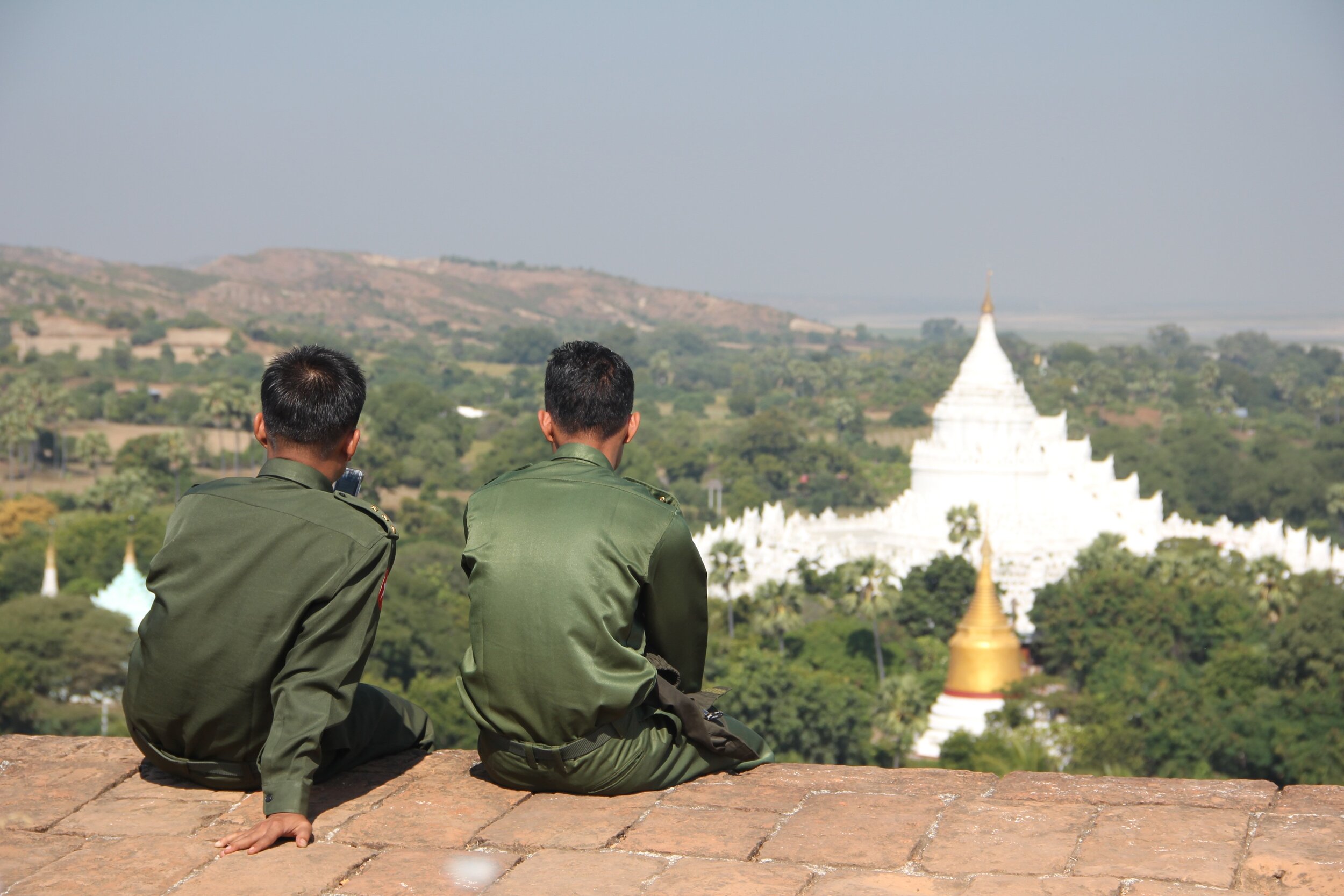
Methodology & Research Contexts
Inspired by practice and aspiring to affect practice, the Generating Respect Project is developed in close partnership with humanitarian organisations and seeks to centre the voices of religious leaders from our research contexts - Colombia, Libya, Mali, Myanmar, Syria and Yemen - and beyond.
The project embraces an interdisciplinary, practice-oriented, and art-reliant methodology.
The Generating Respect Project methodology
A combination of legal methods, including doctrinal, socio-legal, and comparative methods, as well as methodological insights from social sciences and the arts are utilised to examine the project’s three research dimensions:
Interpretation:
What activities and interpretations do religious leaders develop that address humanitarian norms and in what ways do these have a bearing on humanitarian norms?
Localisation of norms & ownership:
Are religious leaders familiar with the core humanitarian norms and what factors contribute to their sense of ownership/motivation to generate norms-compliance?
Influence towards norms-compliance:
Have parties to an armed conflict modified their discourse and behaviour due to religious interpretations and if so how? What factors enhance or diminish the ability of religious leaders to influence parties? To what extent does the influence of religious leaders mitigate systemic and institutional challenges to the effectiveness of humanitarian norms?
The three-year research project is divided into four key stages:
A systematic mapping of armed conflicts and religious leaders’ activities within each of the four case studies countries.
Data collection through expert interviews;
In-country data collection through semi-structured interviews, digital storytelling, and reflective diaries;
Data analysis and production of research outputs.
Research contexts
Colombia, Libya, Mali and Myanmar were the initial focus of the project. In the course f 2021, due to our project partners’ interest and with their support, we have extended the research to Syria and Yemen.
These six case study countries represent a broad range of regional contexts (Latin America, the Middle East/North Africa, Africa, and Asia) and religious orientations. The selection of the research contexts has taken into consideration a preliminary mapping of the vibrant activity of religious leaders in relation to armed conflicts in each country.
From the point of view of impact generation, the choice of the case study countries is enhanced by the fact that serious violations of humanitarian norms by parties to armed conflicts have been alleged in all situations, which in turn evidences the need to develop new strategies to augment norm-compliance.
Contribution & impact
The Generating Respect Project conceives impact generation as transversal and pursues it throughout the four stages of the project.
The research makes contributions across two dimensions:
By providing new theoretical insights and empirical knowledge, as well as practical tools for humanitarian engagement. In particular, the project will develop Guidelines for the Effective Humanitarian Engagement with Religious Leaders and digital stories reflecting on the roles of religious leaders in armed conflict.
By creating opportunities for collaboration between scholars, humanitarian practitioners and religious leaders at planned project events and through co-production of outputs, including publications and digital material.






